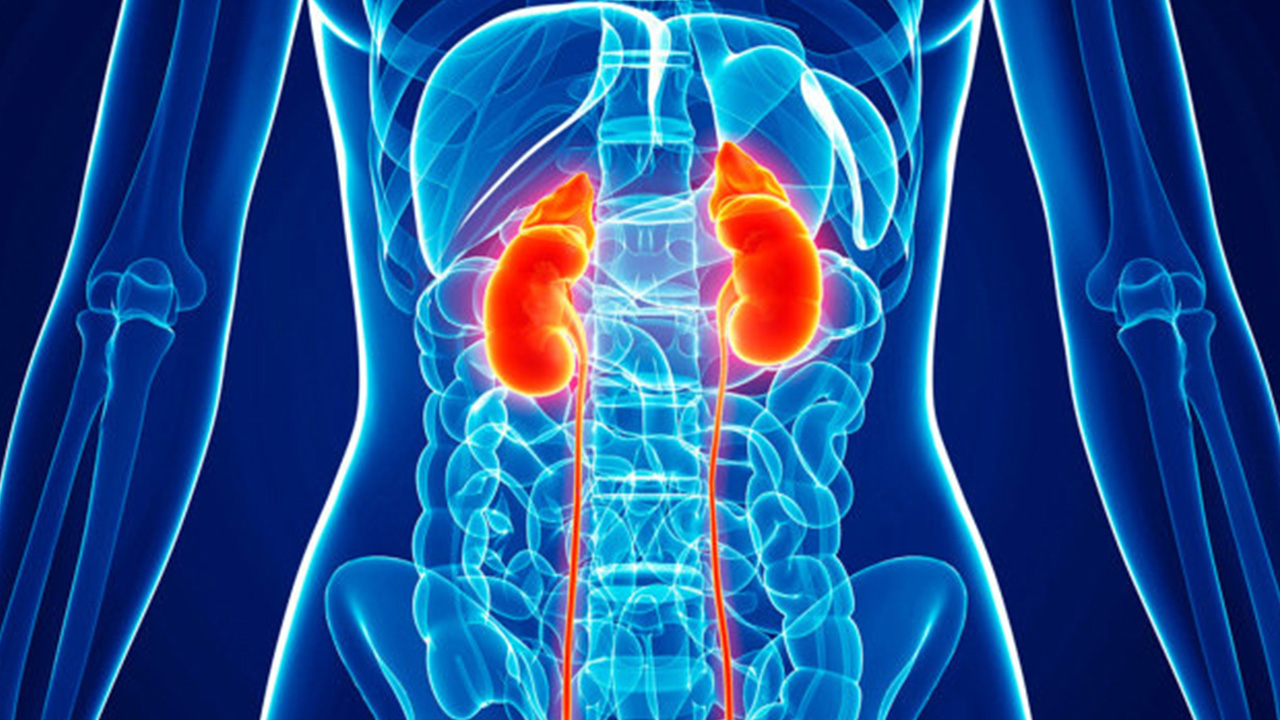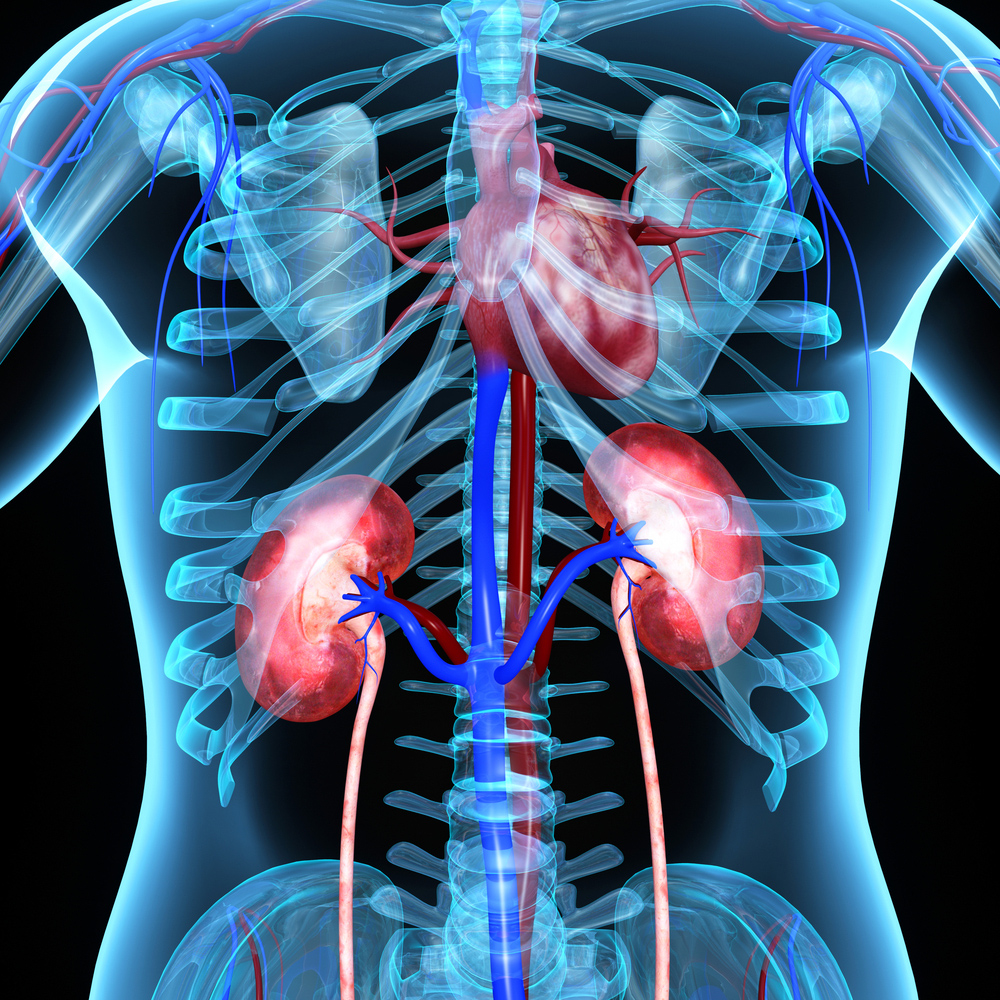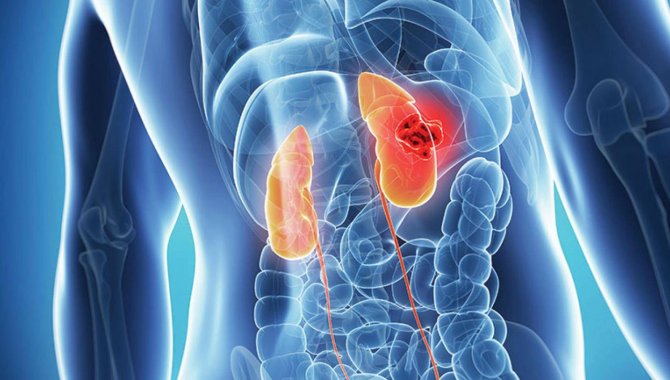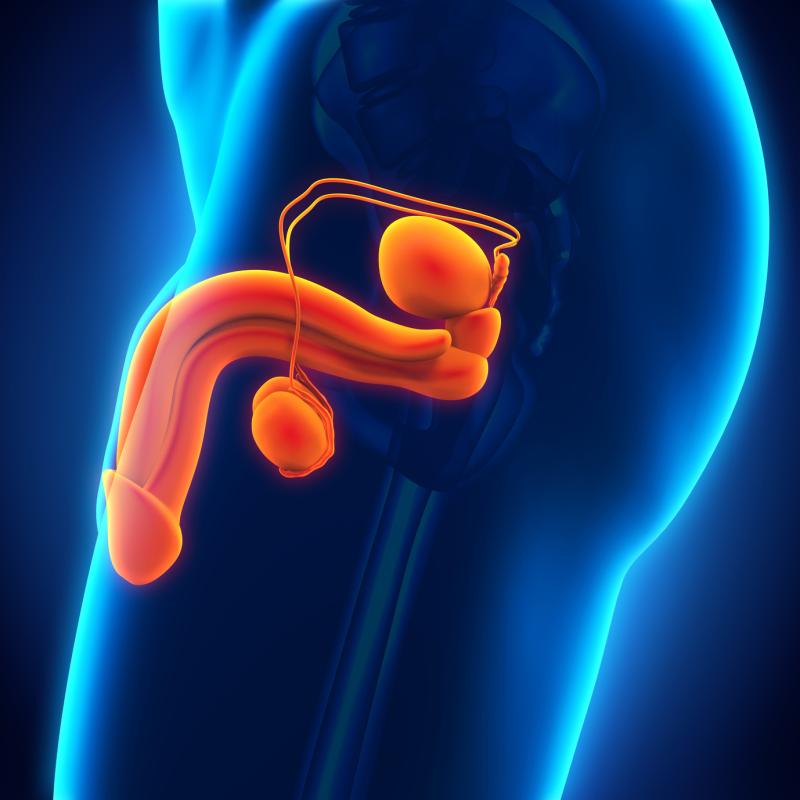Kidney Tumor Symptoms
Böbrek dokusunda anormal hücrelerin kontrolsüz çoğalmasıyla oluşur. İyi huylu veya kötü huylu olabilir. En sık görüleni böbrek hücreli karsinomdur. Böbrek tümörü, erken evrede belirti vermeyebilir. İdrarda kan, yan ağrısı ve kitle hissi görülebilir. Tanı için görüntüleme yöntemleri kullanılır. Tedavi, tümörün yapısına ve evresine göre belirlenir.
What are the Symptoms of Kidney Tumor?

İdrarda çıplak gözle görülebilecek şekilde kan olması, en yaygın belirtilerdendir. Rengi pembemsi, kırmızı ya da pas renginde olabilir. Kanama kesilip sonra tekrar başlayabilir, bu yüzden önemsenip mutlaka doktora başvurulmalıdır. Özellikle tek taraflı, sırtın yan kısmında hissedilen künt ve sürekli ağrı, böbrekteki bir kitleyi işaret edebilir. Bu ağrı çoğunlukla istirahatle geçmez ve zamanla şiddetlenebilir.
Bazen büyük boyutlara ulaşan böbrek tümörü, karın bölgesinde veya belin yan tarafında elle hissedilebilecek bir kitle olarak fark edilebilir. Bu durum genellikle ileri evrelerde görülür. Tümörler, metabolizmayı etkileyerek iştahsızlık yaratabilir. Bu durumun sonucunda kişi istemsiz şekilde kilo kaybı yaşayabilir. Kısa sürede belirgin kilo kaybı, tümörün sistemik etkisini gösterir. Açıklanamayan ateş atakları, özellikle geceleri yoğun terleme ile birlikte görülebilir. Enfeksiyon olmadan ortaya çıkan bu tablo, bağışıklık sisteminin tümöre karşı verdiği tepkiden kaynaklanabilir. Tümör, vücutta anemi (kansızlık) yapabilir. Bu da kişide sürekli bir halsizlik ve bitkinlik hali yaratır. Günlük aktivitelerden çabuk yorulma sık görülür.
Böbreklerin kan basıncı üzerinde etkisi olduğu için tümör varlığı bazı kişilerde kontrolsüz tansiyon yükselmelerine neden olabilir. Özellikle açıklanamayan hipertansiyon varsa araştırılmalıdır. İleri evre tümörler, idrar yollarını veya kan dolaşımını etkileyerek bacaklarda ödem oluşturabilir. Bu durum genellikle tek taraflı ve ilerleyici şekilde gelişir. Tümör, böbreğin eritropoietin üretimini etkileyebilir. Bu hormon, kemik iliğinde kırmızı kan hücrelerinin üretilmesini sağlar.
Azaldığında kansızlık ve buna bağlı halsizlik, baş dönmesi gibi belirtiler ortaya çıkar. Tümörün ileri evrelerde kemiğe metastaz yapması durumunda, özellikle sırt ve kalça bölgelerinde kemik ağrıları görülebilir. Bu, bazen spontan kemik kırıklarına yol açabilir. Bu belirtiler tek başına sadece böbrek tümörü vakalarına özgü olmayabilir. Ancak birkaç belirti bir aradaysa ve süreklilik gösteriyorsa mutlaka bir üroloji uzmanına başvurmak gerekir. Erken tanı, tedavi başarısını ciddi ölçüde artırır.
Böbrek Tümörü Neden Olur?
Sigara içmek, böbrek kanseri riskini önemli ölçüde artırır. Sigara dumanındaki toksik kimyasallar, böbreklerde hücresel hasara yol açarak tümör gelişimini tetikleyebilir. Aşırı kilo, hormon dengesizliklerine ve insülin direncine neden olabilir. Bu değişimler, böbrek hücrelerinde anormal büyümeyi destekleyerek tümör oluşumuna zemin hazırlar. Uzun süreli yüksek tansiyon, böbrek damarlarına zarar verebilir. Bu durum zamanla böbrek fonksiyonlarını bozarak hücresel düzeyde değişimlere ve tümör riskine yol açabilir.
Bazı reçetesiz ağrı kesicilerin uzun süreli kullanımı böbrek dokusuna zarar verebilir ve böbrek tümörü oluşma riskini artırabilir. Ailesinde böbrek kanseri olan bireylerde, bu hastalığa yakalanma riski daha yüksektir. Von Hippel-Lindau sendromu gibi bazı kalıtsal hastalıklar da riski artırır. Genellikle 60 yaş ve üzerindeki kişilerde daha sık görülür. Yaşla birlikte hücre yenilenme mekanizmaları zayıflar ve anormal hücre büyümesi ihtimali artar. İstatistiklere göre erkeklerde gelişme riski kadınlara göre daha fazladır. Bu durum hormonal ve çevresel farklılıklarla ilişkilendirilebilir.
Sanayide kullanılan bazı solventler, pestisitler ve ağır metaller böbrek hücrelerinde hasar oluşturabilir. Uzun süreli maruziyet, kanser gelişimine yol açabilir. Uzun süreli diyaliz tedavisi gören hastalarda, özellikle “kistik böbrek hastalığı” gelişirse risk artar. Bu kistler zamanla kansere dönüşebilir. Polikistik böbrek hastalığı gibi bazı kronik böbrek rahatsızlıkları, böbrek tümörü gelişme olasılığını artırır. Bu tür hastalıklar böbrek yapısını değiştirerek kanser oluşumuna neden olabilir.
Böbrek Tümörü Teşhisi Nasıl Koyulur?
Doktor, hastanın yaşadığı belirtileri ayrıntılı şekilde dinler. Özellikle bel ağrısı, idrarda kan, kilo kaybı, halsizlik, karında kitle hissi gibi semptomlar sorgulanır. Ayrıca ailede kanser öyküsü olup olmadığı, sigara kullanımı ve meslek gibi risk faktörleri değerlendirilir. Doktor, hastanın karnını ve bel bölgesini elle muayene ederek herhangi bir kitle veya hassasiyet olup olmadığını kontrol eder. Gözle görülmeyen bir tümör bazen elle muayene sırasında fark edilebilir. Kan testleri ile böbrek fonksiyonları ve anemi gibi durumlar değerlendirilir. İdrar testinde ise mikroskop altında kan hücreleri veya anormal hücreler aranır. Ayrıca bazı tümör belirteçleri de tespit edilmeye çalışılır.
Ultrasonografi, böbreklerdeki kitleleri değerlendirmek için ilk başvurulan görüntüleme yöntemlerinden biridir. Tümörün varlığı, büyüklüğü ve yerleşimi hakkında genel bir bilgi verir. Radyasyonsuz ve ağrısız bir işlemdir. Ultrasonla kitle saptanırsa, bilgisayarlı tomografi kullanılarak kitlenin yapısı detaylı şekilde incelenir. Böbrek tümörü büyüklüğü, böbreğin hangi kısmında yer aldığı ve çevre dokulara yayılımı BT ile daha net görülebilir. Manyetik rezonans görüntüleme ,BT’ye alternatif olarak kullanılabilir. Özellikle kontrast madde kullanımı sakıncalı olan hastalarda tercih edilir. Damar yapıları ve yumuşak dokuların ayrıntılı görüntülenmesinde avantaj sağlar. Tümörün kesin tanısını koymak için bazen biyopsi gerekebilir. İnce bir iğne yardımıyla tümörden küçük bir doku örneği alınarak patolojik incelemeye gönderilir. Ancak her böbrek tümöründe biyopsi zorunlu değildir; görüntüleme bulguları genellikle yeterlidir.
Tümörün vücudun diğer bölgelerine yayılıp yayılmadığını anlamak için akciğer tomografisi, kemik sintigrafisi veya PET-CT gibi ileri testler yapılabilir. Bu süreç, tedavi planlaması açısından önemlidir. Böbrek tümörü teşhisi, hastanın şikayetleri ile başlar ve çeşitli laboratuvar ve görüntüleme yöntemleriyle desteklenir. Gerekirse biyopsi ile tanı kesinleştirilir. Erken teşhis, tedavide başarı şansını artırır. Şüpheli belirtiler durumunda zaman kaybetmeden bir üroloji uzmanına başvurmak hayati önem taşır.
Böbrek Tümörü Tedavi Yöntemleri Nelerdir?

Parsiyel nefrektomi yönteminde, tüm böbrek yerine sadece tümör ve çevresindeki az miktarda sağlam doku çıkarılır. Genellikle küçük ve erken evredeki tümörlerde tercih edilir. Radikal nefrektomi yönteminde ise tüm böbrek, çevresindeki yağ dokusu ve bazen komşu lenf bezleri ile birlikte çıkarılır. Büyük ya da agresif tümörlerde uygulanır. Laparoskopik (kapalı) ya da açık cerrahi tekniklerle gerçekleştirilebilir. Ablatif tedaviler, cerrahiye uygun olmayan ya da küçük tümörleri olan hastalarda kullanılır. Kriyoterapi işleminde, tümör özel iğnelerle dondurularak yok edilir.
Radyofrekans ablasyon yönteminde tümöre yüksek ısı verilerek hücreler yakılır. Bu yöntemler, genellikle yaşlı ya da cerrahiyi kaldıramayacak kadar hasta kişilerde uygulanır. Bazı küçük tümörler yavaş büyüdüğü için acil tedavi gerektirmez. Düzenli görüntüleme yöntemleri (BT, MR gibi) ile tümörün büyüme hızı takip edilir. Özellikle ileri yaşta ya da farklı hastalıkları olan ve cerrahi riski yüksek olan bireylerde tercih edilir. Hedefe yönelik tedaviler, kanser hücrelerinin büyümesini ve çoğalmasını sağlayan özel yolları hedef alır. Genellikle ileri evre ya da metastaz yapmış (vücudun başka bölgelerine yayılmış) böbrek kanserlerinde uygulanır. Bu ilaçlar tümöre giden kan damarlarını hedef alarak beslenmesini kesebilir.
Ağız yoluyla alınan tabletler şeklinde verilir. İmmünoterapi, vücudun kendi bağışıklık sisteminin tümöre karşı savaşmasını sağlar. İleri evre böbrek kanserinde, hedefe yönelik tedavilerle birlikte ya da tek başına kullanılabilir. Bağışıklık sistemini güçlendirerek tümör hücrelerini tanıyıp yok etmesine yardımcı olur. Radyoterapi, böbrek tümörü vakalarında ana tedavi yöntemi değildir çünkü genellikle bu tümörler ışına karşı dirençlidir. Ancak kemik gibi başka organlara yayılım (metastaz) varsa, ağrı kontrolü ve yaşam kalitesini artırmak için kullanılabilir.
Klasik kemoterapi ilaçları böbrek kanserinde genellikle etkili değildir. Ancak nadir görülen böbrek tümörü türlerinde, özellikle çocukluk çağı tümörlerinde (örneğin Wilms tümörü), kemoterapi uygulanabilir. Sonuç olarak, tedavi kişiye özel olarak planlanır. Tümörün tipi, evresi, hastanın yaşı ve genel sağlık durumu göz önünde bulundurularak en uygun yöntem seçilir. Tedavi kararı, üroloji, onkoloji ve radyoloji uzmanlarının birlikte değerlendirme yaptığı multidisipliner toplantılarda belirlenir.






